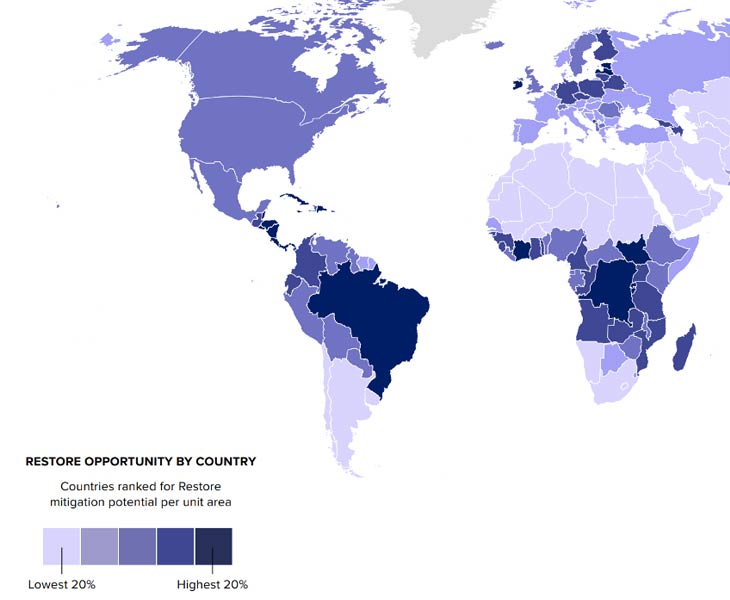Standard Blue Investments, a social enterprise, is a registered Ghanaian company. Ghana is also the home country of the founder of Standard Blue and most of our participating partners. Ghana is considered one of the most stable governments in Africa and the economics of the country were improving prior to the COVID pandemic. Today post-COVID Ghana is experiencing runaway inflation (over 100% for 2022) and a dramatically devalued currency (more than 50% against US currency).
Why Ghana?
As a paramount chief, HRM Notse Nii Nortey Owou IV (a.k.a Bernard Botchway), has pledged to improve the health and well-being of his people and his country. He has experienced firsthand the local impacts of climate change. Furthermore, he emphatically supports the position of the United Nations Department of Economic and Social Affairs that has also set forth in its “A Just Green Transition” policy that “securing a low-carbon future is a matter of justice, as poor people and countries are the most affected by climate change”17
The World Economic Forum ranks biodiversity loss as the third largest global risk over the next ten years.18 Conservation International recently published in its Exponential Roadmap for Natural Climate Solutions, that West Africa offers some of the greatest opportunities for restoration, as reflected in the graphic below. Ghana is positioned within one of the top-rated tiers.19
The Blue Economy for Resilient Africa Program at the World Bank reports, “the Blue Economy is at the core of the economic development and competitiveness of Africa’s coastal countries. However, unsustainable infrastructure development, inadequate management of natural habitats and resources, and pollution are threatening their productivity.”20 GLB project plan specifically addresses these root challenges.
These are just a few of many reasons that make Ghana an ideal choice and opportunity to support the economic improvements of the indigenous coastal communities.

Exponential Roadmap for Natural Climate Solutions (conservation.org)19



